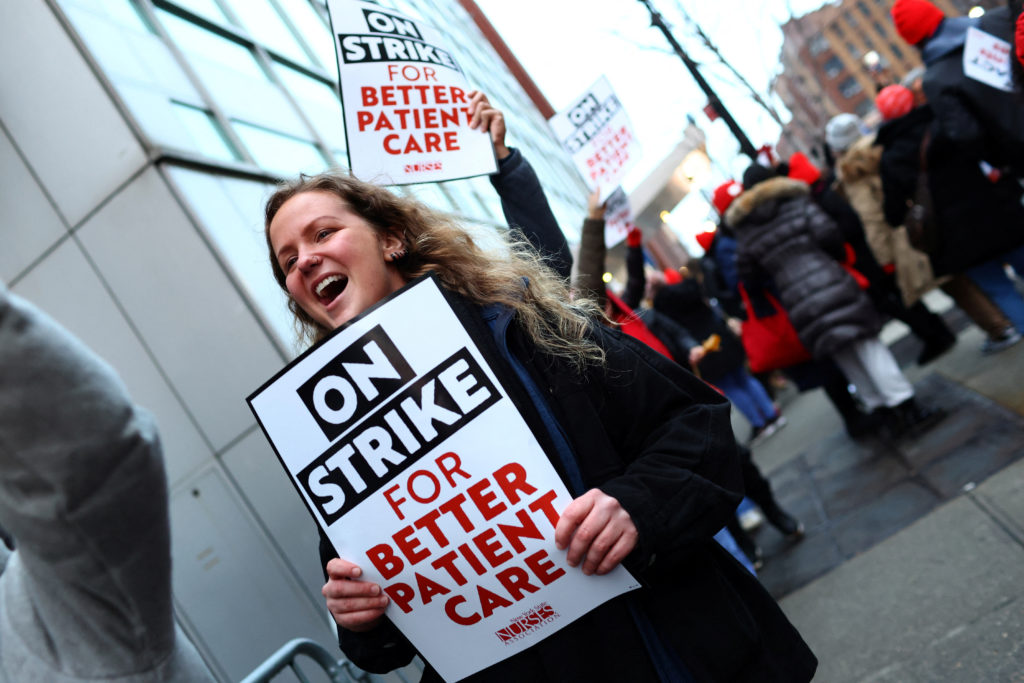
Introduction
Nurses strikes have gained significant attention across the United Kingdom, underscoring critical issues within the nation’s healthcare system. The strikes, primarily driven by demands for better pay and working conditions, represent a pivotal moment in the ongoing struggle for healthcare professionals to secure fair treatment amid rising living costs and increased workload. As the National Health Service (NHS) faces unprecedented challenges, these actions are becoming increasingly relevant to the public and the government.
Background and Causes
The wave of nurses strikes began to escalate in late 2022, with the Royal College of Nursing (RCN) leading the charge. Nurses, who have been pivotal in the fight against COVID-19, argue that their salaries have not kept pace with inflation, diminishing their purchasing power. According to recent reports, nursing wages have increased by only 4.4% over the past year, while inflation has soared to double digits. This disparity has led many to reassess their roles within a system that they feel undervalues them.
In addition to pay, nurses cite staffing shortages and concerns over patient care as crucial motivators for their protests. As the NHS continues to struggle with recruitment and retention, the burden on existing staff has intensified, leading to burnout and decreased morale. The strikes are a way for nurses to bring attention to these systemic issues, calling for urgent action from government officials.
Recent Developments
As of October 2023, the strikes have seen various degrees of participation from nurses across England, Scotland, Wales, and Northern Ireland. Some hospitals have faced significant disruptions, with elective surgeries postponed and clinic hours adjusted to accommodate the reduced workforce. In response, health leaders have emphasised the importance of negotiations to address the concerns raised by nurses, while the government has indicated a willingness to engage in talks, albeit with caution regarding budget constraints.
Conclusion
The impact of nurses strikes extends beyond the immediate disruptions in healthcare services. They challenge the government to reconsider how healthcare workers are compensated and supported. With the public largely sympathising with the nurses’ plight, these strikes not only represent a demand for fair wages but also serve as a wake-up call for systemic reform within the NHS. As discussions progress, the outcomes will significantly shape the future of nursing and healthcare in the UK, highlighting the importance of valuing those who care for the nation’s health. Without addressing these urgent issues, the healthcare system may face long-term repercussions, including further strikes and a potential decrease in quality care for patients.
You may also like
The Integral Role of Hospitals in Modern Healthcare

The Role of Face Masks in Public Health Today

Claudia Winkleman: A Spotlight on Her Career and Impact
SEARCH
LAST NEWS
- Remembering Wendy Richard: The Promise to Co-Star Natalie Cassidy
- How Did Anglian Water Achieve an ‘Essentials’ Rating for Mental Health Accessibility?
- Shai Hope Leads West Indies in T20 World Cup Clash Against South Africa
- What We Know About Weston McKennie: Future at Juventus and Past at Leeds
- What We Know About the Upcoming Live Nation Antitrust Trial